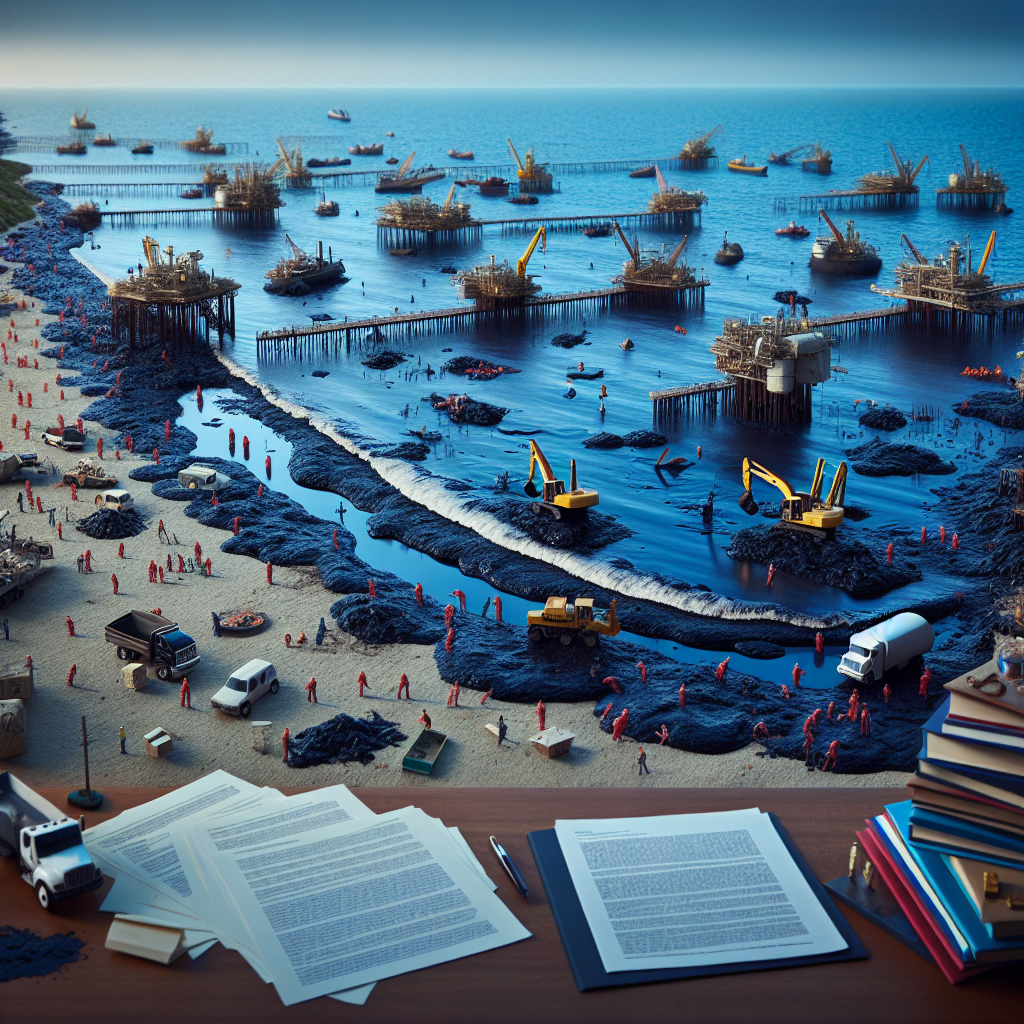15 Years Post-Deepwater Horizon: Legal Battles Persist, Restoration Unfinished
15 Years Post-Deepwater Horizon: Legal Battles Persist, Restoration Unfinished
Introduction
Fifteen years after the catastrophic Deepwater Horizon oil spill, the aftermath continues to ripple through legal systems and environmental landscapes. The disaster, which released millions of barrels of oil into the Gulf of Mexico, remains a poignant reminder of the long-term impacts of industrial accidents.
Ongoing Legal Struggles
Despite the passage of time, legal proceedings related to the spill are far from over. Key issues include:
- Unresolved lawsuits involving affected businesses and individuals seeking compensation.
- Disputes over the adequacy of settlements and the distribution of funds.
- Continued litigation against BP and other companies involved in the spill.
Environmental Restoration Efforts
The environmental restoration of the Gulf remains incomplete, with several challenges persisting:
- Ongoing efforts to rehabilitate damaged ecosystems and wildlife habitats.
- Monitoring and addressing long-term environmental impacts, including oil residue and its effects on marine life.
- Implementation of new technologies and strategies to prevent future spills.
Community and Economic Impact
The spill’s repercussions extend beyond the environment, affecting local communities and economies:
- Continued economic hardship for industries reliant on the Gulf, such as fishing and tourism.
- Community initiatives aimed at rebuilding and fostering resilience.
- Efforts to balance economic recovery with environmental sustainability.
Conclusion
The Deepwater Horizon disaster serves as a stark reminder of the enduring consequences of environmental negligence. As legal battles continue and restoration efforts strive to heal the Gulf, the incident underscores the need for vigilant environmental stewardship and robust legal frameworks to prevent future catastrophes.






































